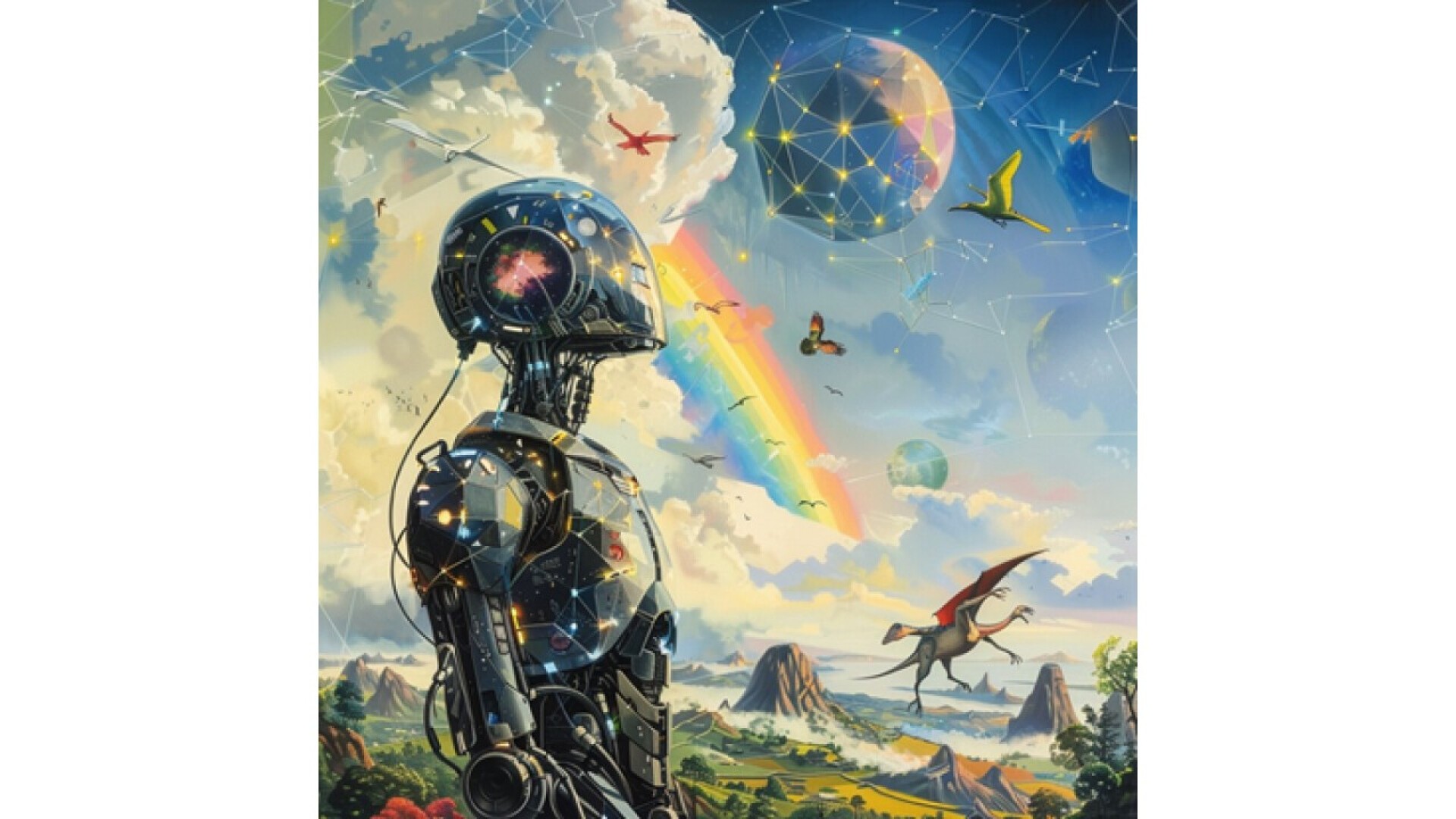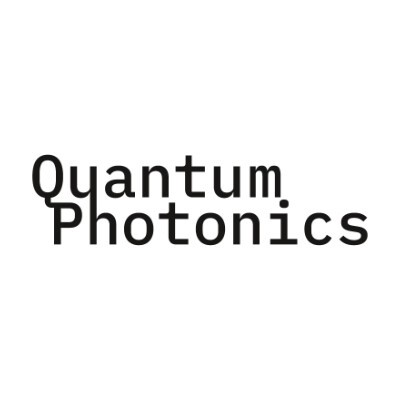Towards an artificial muse for new ideas in Physics
Artificial intelligence can serve as a creative muse in physics, providing ideas for experiments in quantum optics, gravitational wave detection, and super-resolution microscopy. In addition, algorithms can inspire new scientific discoveries through data analysis.
Artificial intelligence (AI) is a potentially disruptive tool for physics and science in general. One crucial question is how this technology can contribute at a conceptual level to help acquire new scientific understanding or inspire new surprising ideas. I will talk about how AI can be used as an artificial muse in physics, which suggests surprising and unconventional ideas and techniques that the human scientist can interpret, understand and generalize to its fullest potential [1]. I will focus on AI for the design of new physics experiments, in the realm of quantum-optics [2, 3] and quantum-enhanced gravitational wave detectors [4], as well as super-resolution microscopy [5]. Finally, I will discuss how algorithms with access to millions of scientific papers can predict and suggest future ideas for scientists [6, 7].
References
[1] Krenn, M., Pollice, R., Guo, S.Y., Aldeghi, M., Cervera-Lierta, A., Friederich, P., Gomes, G.d.P., H¨ase,
F., Jinich, A., Nigam, A. and Yao, K., Aspuru-Guzik, A., 2022. On scientific understanding with artificial
intelligence. Nature Reviews Physics, 4, pp.761–769.
[2] Krenn, M., Kottmann, J.S., Tischler, N. and Aspuru-Guzik, A., 2021. Conceptual understanding through
efficient automated design of quantum optical experiments. Physical Review X, 11(3), p.031044.
[3] Ruiz-Gonzalez, C., Arlt, S., Petermann, J., Sayyad, S., Jaouni, T., Karimi, E., Tischler, N., Gu, X.,
Krenn, M., 2023. Digital Discovery of 100 diverse Quantum Experiments with PyTheus. Quantum, 7,
p.1204.
[4] Krenn, M., Drori, Y., Adhikari, R.X., 2025. Digital Discovery of interferometric Gravitational Wave
Detectors. Physical Review X (in press), arXiv:2312.04258. https://arxiv.org/abs/2312.04258
[5] Rodr´ıguez, C., Arlt, S., M¨ockl, L., Krenn, M., 2024. Automated discovery of experimental designs in
super-resolution microscopy with XLuminA. Nature Communications, 15, p.10658.
[6] Krenn, M., Buffoni, L., Coutinho, B., Eppel, S., Foster, J.G., Gritsevskiy, A., Lee, H., Lu, Y., Moutinho,
J.P., Sanjabi, N., Sonthalia, R., Tran, N.M., Valente, F., Xie, Y., Yu, R., Kopp, M., 2023. Forecasting the
future of artificial intelligence with machine learning-based link prediction in an exponentially growing
knowledge network. Nature Machine Intelligence, 5, p.1326.
[7] Gu, X., Krenn, M., 2024. Interesting Scientific Idea Generation Using Knowledge Graphs and LLMs:
Evaluations with 100 Research Group Leaders. arXiv:2405.17044.
Presentation language: EN
Speakers (1)

Mario Krenn
Independent Research Group Leader, Max Planck Institute for the Science of Light

